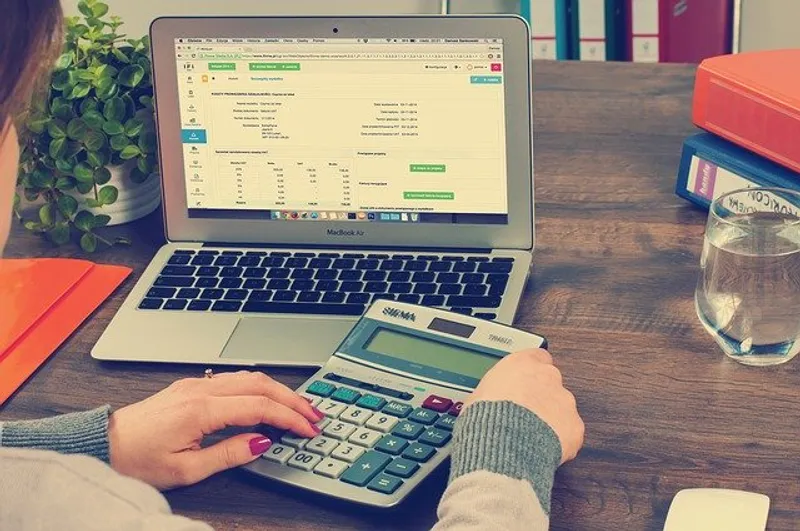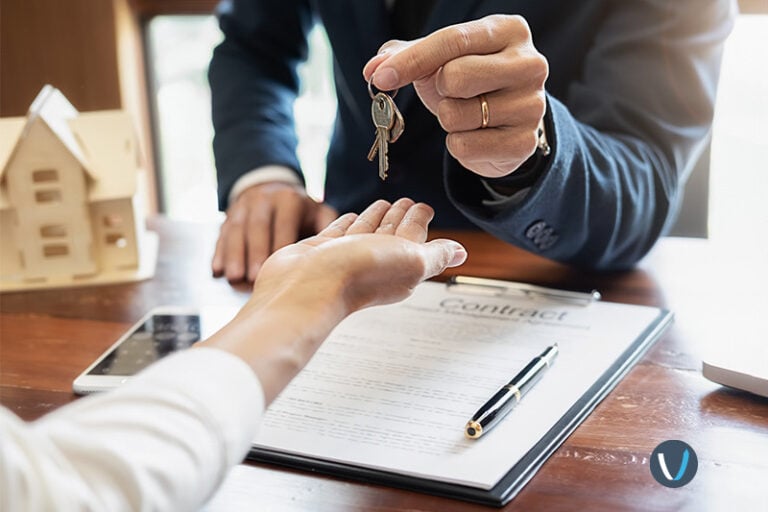Renovating your rental properties can have a lot of benefits, including increasing the value of your property, enabling you to charge more rent, and reducing the long-term costs of ongoing maintenance. If you are considering undergoing a renovation, you can take advantage of certain tax benefits, particularly Section 179 and Bonus Depreciation. Let’s dive into what these tax deductions mean, how they impact rental upgrades, and why you should act now on upgrades.
How Section 179 Impacts Rental Renovations
Section 179 essentially allows businesses to deduct the full purchase price of qualifying equipment, long-term personal property and software purchased or financed during the tax year. For landlords, this includes items such as:
- Kitchen appliances
- Carpets
- Drapes
- Blinds
- Lawnmowers and other maintenance equipment
- Property management software
- Office furniture and equipment
For 2020, the deduction limit of Section 179 is $1,040,000. After the Section 179 Spending cap is reached, bonus depreciation comes into play.
How Bonus Depreciation Impacts Rental Renovations
In order to understand bonus depreciation, let’s look at the concept of depreciation. Depreciation is a tax deduction that allows businesses to spread out the cost of a long-term asset over the life of the asset.Bonus depreciation, on the other hand,allows businesses to deduct a percentage of the cost of eligible purchases the year they acquire them, providing small businesses with the largest immediate tax deduction. Here’s where this gets interesting.
The percentage of bonus depreciation fluctuates annually, but now through December 31, 2022, landlords can take advantage of 100% of this tax deduction. While bonus depreciation does not cover rental properties themselves, it can be used for many other types of assets and improvements. The IRS says the deduction applies to “depreciable business assets with “a recovery period of 20 years or less.” So something like a fence, driveway, sprinkler system, or a pool, which has a lifespan of less than 20 years, is considered eligible for bonus depreciation. This also includes appliances, carpeting, and blinds purchased for rental properties.
It is always compelling to take advantage of tax benefits, yet Bonus Depreciation and Section 179 provide landlords with real opportunities to expand and upgrade. To understand how these tax codes impact your renovations and investment strategy, we highly recommend consulting your counsel.
If you are ready to upgrade your rentals and are now looking for financing, check out LightStream. LightStream offers whole-project home improvement financing from $5,000 to $100,000, and flexible terms, so you can make your loan work for you.
For more resources on managing and upgrading your rental property, check out our Investor Resources.






